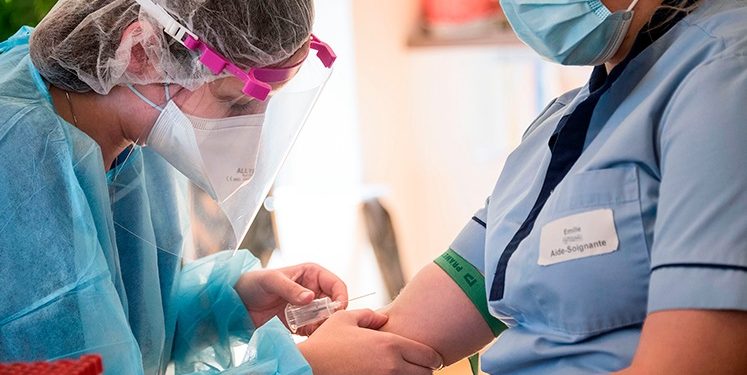A new blood test that utilizes AI to detect signs of a dozen cancers long before symptoms develop is to be trialled on NHS patients.
The trial on 8,000 patients will analyse blood samples for tiny fragments of genetic material released by tumours.
Tests so far on 20,000 patients show the miONCO-Dx test is 99% accurate in detecting cancer and pinpointing where it is located, allowing a diagnosis to be made when the disease is at a far earlier, treatable stage.
As little as 10 drops of blood are all that’s needed to detect up to 12 common cancers – including lung, gastric, prostate, oesophageal, liver, bladder, ovarian, bowel, pancreatic and breast cancers – as well as bone and soft tissue sarcoma and a type of brain tumour.
The Department of Health said the test was now ready for the “validation and verification” stage.
The government has awarded £2.4m to run the trial of the genetic test, which was developed by the University of Southampton and the biotech startup Xgenera.
Professor Sir Stephen Powis, NHS England’s national medical director, said: “This blood test has the potential to help us detect bowel cancer earlier and reduce the need for invasive tests, and the next step in this trial will now be vital in gathering further evidence on its effectiveness and how it could work in practice.
If caught early about nine in 10 patients survive, but survival drops to just one in 10 if the diagnosis is made at a late stage.

